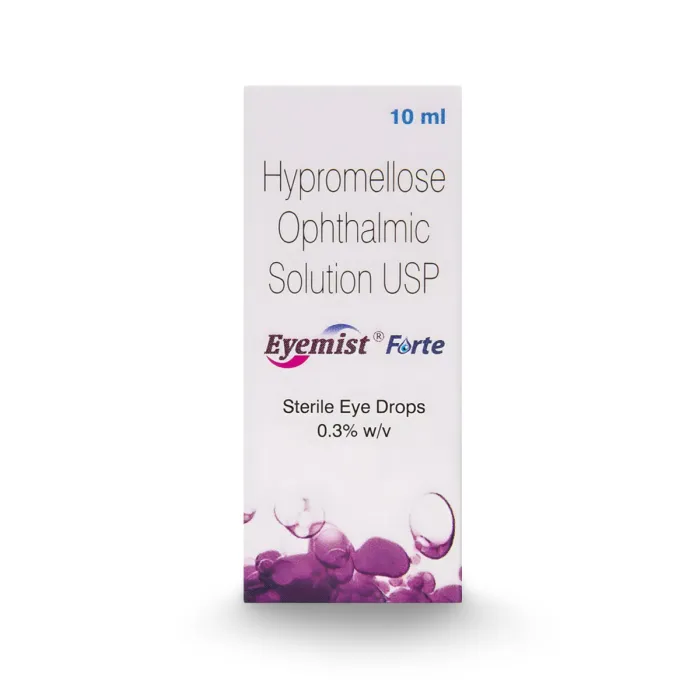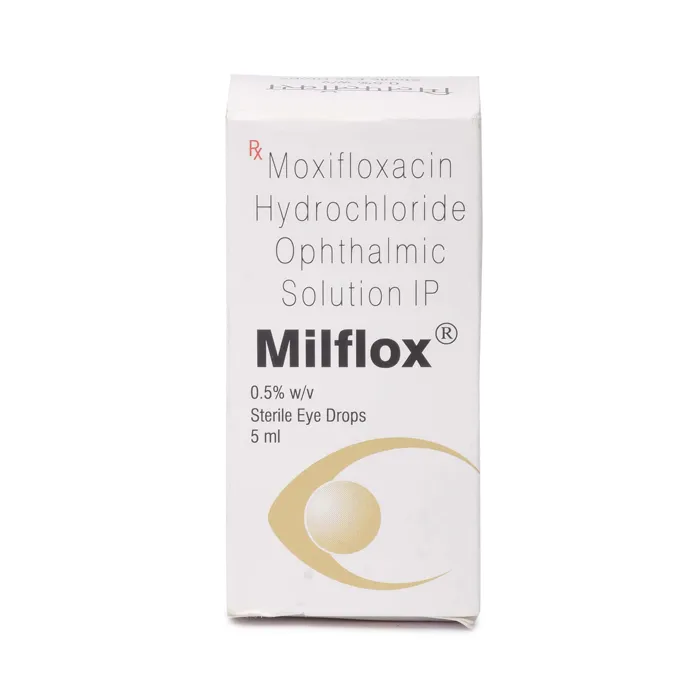We all know inadequate sleep can be harmful to our overall health.
But can lack of sleep cause eye strain?
If you haven’t been sleeping well lately, you may observe changes in the eye such as twitching or redness.
It is important to address these issues in time to prevent further eye damage.
In this article, we will address all your concerns on eye strain due to insufficient sleep.
Can Lack of Sleep Cause Eye Strain
Yes, lack of sleep may lead to eye strain.
Irregular and insufficient sleep cycles over a period of time can significantly impact the functioning of your eyes.
Research suggests that lack of sleep can decrease tear production, resulting in dry eyes that increase eye strain.
Furthermore, the additional effort required to maintain focus while sleep-deprived can place a strain on your eyes.
Lack of sleep can also cause blood vessels in the eyes to dilate, leading to strained, red eyes.
Other symptoms of eye strain may include difficulty in keeping your eyes open, eye spasms, and eye strain headache.
It is essential to know that most of these symptoms resolve in a few days with proper sleep.
However, sleep deprivation for a long period can impact the regulation of pressure in the eye.
This may lead to Glaucoma, a serious eye condition marked by increased internal eye pressure.
This condition has persistent symptoms and may cause severe damage to your eyes.
Therefore, if you consistently experience severe eye discomfort due to eye strain, it is best to visit an ophthalmologist for a proper diagnosis.
You may be prescribed medications depending on your eye condition.
Not anymore! Try out these effective artificial tear drops to get quick relief from eye strain, only from Cheap Medicine Shop.
Save up to 90% on your medicine bills

Eyemist Forte 10 ml

Milflox 0.5% 5 ml

Restasis 0.05% Ophthalmic Emulsion

Pred Forte 10 ml
How to Treat Eye Strain Due To Lack of Sleep
 Source: stefanamer_from_Getty_Images
Source: stefanamer_from_Getty_ImagesTo treat eye strain caused by lack of sleep, the first step is to ensure you get adequate rest.
Aim for 7-9 hours of quality sleep each night and allow your eyes to recover for a few days.
To speed up the recovery, you may use over-the-counter medications such as artificial tears.
Besides artificial tears, certain home remedies for eye strain such as warm and cold compresses may help provide relief from eye strain.
Generally, most cases of eye strain resolve on their own with time and proper rest.
However, in rare cases, some individuals may experience worsening of eye strain or other severe symptoms such as eye discharge or blurry vision.
In such cases, it is possible that you have developed other eye conditions such as Glaucoma or dry eye syndrome.
These serious eye conditions require specific prescription medications for effective treatment.
Therefore, it is important to consult an eye doctor if you experience eye strain due to your lack of sleep.
Preventing Eye Strain Due To Lack of Sleep
 Source: Elnur
Source: ElnurEye strain due to lack of sleep can be prevented by following a few simple measures.
Firstly, it is vital to have a fixed and appropriate sleep schedule. Ensure you get quality sleep every night to regulate your body’s internal clock.
Besides sleep schedule, consider limiting screen time before bed and creating a comfortable sleep environment.
Additionally, exercises for eye strain may help reduce muscle fatigue around the eyes.
Furthermore, it is vital to have proper lighting in your room. Certain desk lamps may reduce eye strain to some degree.
Please note that these preventive measures can only minimize the risk of developing eye strain due to inadequate sleep.
However, if you have eye strain, it is advisable to schedule an appointment with an eye doctor to receive appropriate treatment for your eye condition.
Conclusion
Eye strain is a common condition that may cause significant discomfort for some individuals.
Insufficient sleep can sometimes lead to eye discomfort, making individuals wonder – “Can lack of sleep cause eye strain?”.
The answer is yes; insufficient sleep can increase eye strain over time.
Inadequate sleep can impact the tear film due to reduced tear production and may also dilate the eye nerves.
This can lead to symptoms such as red and dry eyes that may increase the strain on your eyes.
Most of these symptoms get better with proper rest. However, if you experience persistent symptoms, it may indicate other underlying eye conditions.
Serious eye conditions such as Glaucoma may have developed due to constant eye strain.
Therefore, you should visit an eye doctor if you experience eye strain due to lack of sleep.
They will prescribe the appropriate medications after diagnosing your condition.
Take a look at our eyecare solutions and find the best medications for effective relief from eye strain.

Frequently Asked Questions
How does lack of sleep affect the eyes?
Lack of sleep can significantly impact the eyes. It may lead to reduced tear production, decreased blinking, and dilated nerves, resulting in dry, red eyes.
Furthermore, inadequate sleep over a long period of time may result in eye conditions such as Glaucoma or Sleep Apnea.
See our Recommendations
How to avoid eye strain due to lack of sleep?
To avoid eye strain due to lack of sleep, it is important to give your eyes proper rest. Consider setting an appropriate sleep schedule of 7-9 hours per day.
Besides setting a sleep schedule, avoid caffeinated beverages and screen time before bed for better sleep quality.
See our Recommendations
Does sleeping help strained eyes?
Yes, sleeping can help strained eyes. Proper sleep helps regulate eye moisture and relaxes the muscles around the eyes.
This repairs the eye damage and helps recover from the excessive eye strain.
See our Recommendations
Can lack of sleep increase eye pressure?
Yes, inadequate sleep can increase eye pressure. During sleep, many bodily functions such as breathing and heart rate are regulated, which in turn regulate the internal eye pressure.
However, if you do not sleep enough, your internal eye pressure may get imbalanced, leading to conditions such as Glaucoma.
See our Recommendations
Does lack of sleep affect eyesight?
Yes, lack of sleep can affect eyesight. Not getting sufficient sleep reduces the eye’s ability to focus, causing blurry vision. The increased eye sensitivity and irritation from inadequate sleep can also impact an individual’s eyesight.
See our Recommendations
Cheap Medicine Shop only refers to credible, authoritative sources for our content. If you’re curious about how we ensure the integrity of our content, we encourage you to read our Content Information Policy.
- webmd.com
- medicalnewstoday.com














